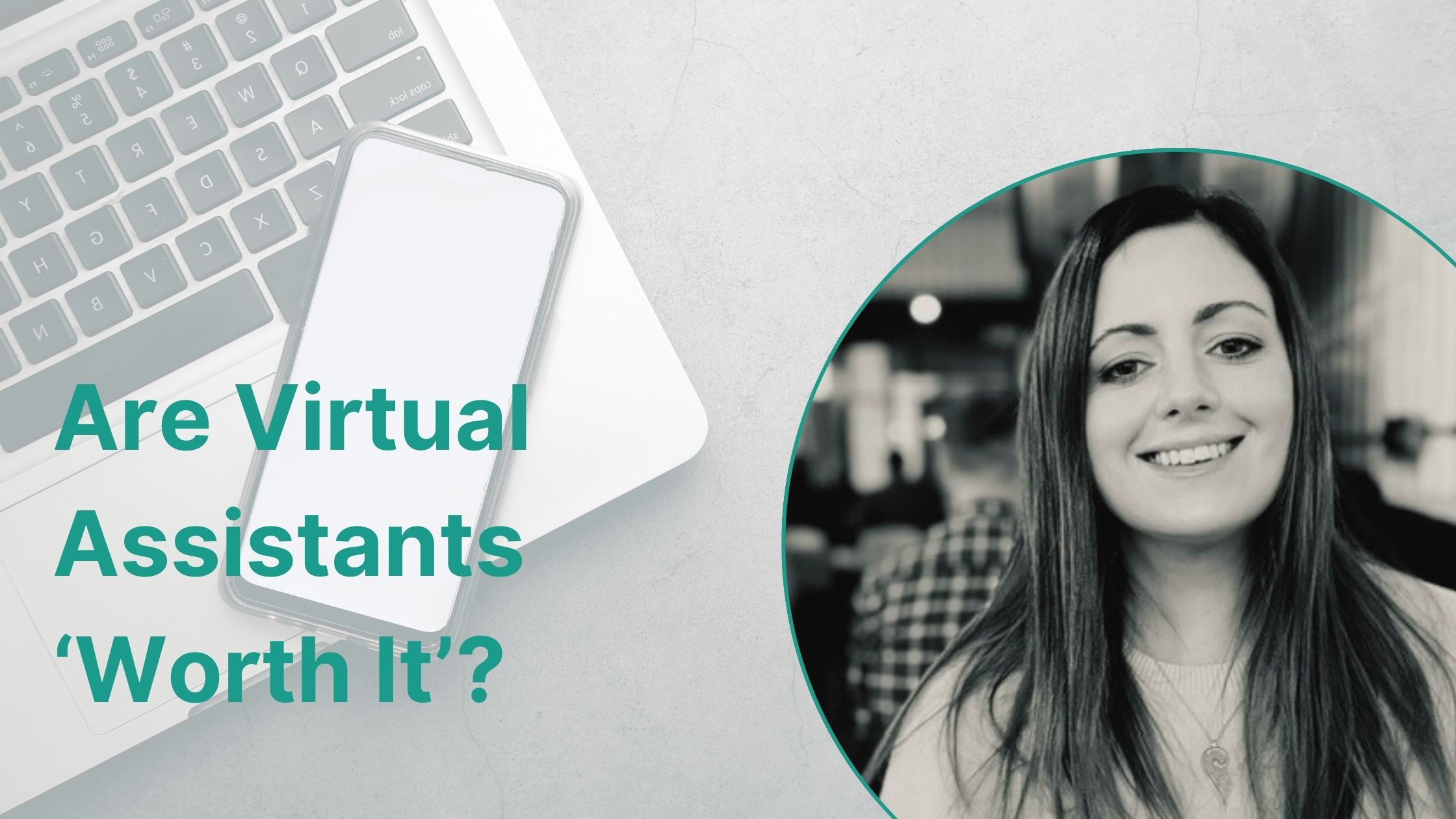In today’s fast-paced digital world, managing a business often means juggling a wide variety of tasks – customer service, marketing, scheduling, and administration. Virtual Assistants (VAs) have become a popular solution for many UK entrepreneurs and small businesses looking to delegate time-consuming tasks. But, are they really worth it? And what about the tax implications, like whether they’re VAT deductible?
What is a Virtual Assistant?
A Virtual Assistant (VA) is a remote worker who offers administrative, technical, or creative support to businesses or individuals. From managing emails to scheduling appointments and even handling social media accounts, VAs are highly versatile.
VAs can be hired on a part-time or full-time basis, depending on the needs of your business. Importantly, they operate remotely, which eliminates the need for physical office space – making them a flexible and cost-effective option.
Benefits of Hiring a Virtual Assistant
1. Cost-Effective
Hiring a full-time, in-house employee can be expensive. Aside from salary, businesses need to account for office space, equipment, and benefits like holiday pay and pensions. A VA, however, typically works as a freelancer, allowing you to only pay for the time and services you need without the extra overhead costs.
2. Time-Saving
A major advantage of hiring a VA is the ability to offload repetitive or time-consuming tasks. This allows you to focus on more strategic aspects of your business, such as growth and development, instead of getting bogged down by administrative work.
3. Scalable Support
As your business grows, you can easily adjust the amount of work you delegate to a VA. Need more help during busy periods? No problem—hire additional VAs or allocate more hours to your existing one.
4. Access to a Large Talent Pool
With no geographical constraints, you have access to a vast network of talented professionals. Whether you need someone skilled in digital marketing, content creation, or bookkeeping, you can find a VA with the right skill set for you.
For more information about the benefits of hiring a VA, see my previous blog post which covers it in more detail!
The Cost of Hiring a Virtual Assistant
The cost of a VA varies depending on their experience and the type of work you need. UK based VAs typically charge between £20-£40 per hour, but this can be higher for specialist skills like SEO or graphic design.
When determining whether a VA is worth it, consider how much time they can save you. For example, if you’re paying £25 per hour and they’re saving you 10 hours a week, that’s potentially 10 extra hours you can spend on income-generating tasks.
Are Virtual Assistants Tax Deductible?
For UK businesses, virtual assistants are generally tax-deductible, provided their work is necessary for your business operations. HMRC allows you to claim back expenses incurred wholly and exclusively for your business, which includes paying for a VA’s services. This means that you can offset the cost of hiring a VA against your profits when calculating your tax bill.
To ensure you stay compliant with tax laws, it’s important to:
- Keep detailed records of the services provided by the VA, including invoices.
- Ensure the VA’s tasks are directly related to your business operations.
VAT Considerations
If you’re a VAT-registered business, you may also be able to reclaim VAT on virtual assistant services. However, this only applies if your VA is also VAT-registered, which many freelancers in the UK are not, due to the VAT threshold of £85,000 in turnover. HMRC is a good place to start for more information on this.
This is not financial advice – make sure to consult with an accountant to understand how VAT applies in your specific situation!
Are Virtual Assistants Worth It for UK Businesses?
The short answer is: Yes, for many businesses, Virtual Assistants are worth it. They offer flexibility, scalability, and a cost-effective solution to handle administrative and specialised tasks. The ability to focus on core business activities, rather than being bogged down with repetitive work, often results in increased productivity and business growth.
In terms of financials, their cost is often tax-deductible, and VAT can sometimes be reclaimed. For small businesses, freelancers, and entrepreneurs looking to grow without the added overheads, a VA can be an invaluable asset.
Final Thoughts
Hiring a Virtual Assistant can free up your time, save money, and help grow your business, making them an attractive option for many UK entrepreneurs. When choosing a VA, make sure to assess your business needs carefully, understand the tax implications, and choose a VA that fits your requirements. The investment in a VA could be exactly what your business needs to scale efficiently and effectively.


